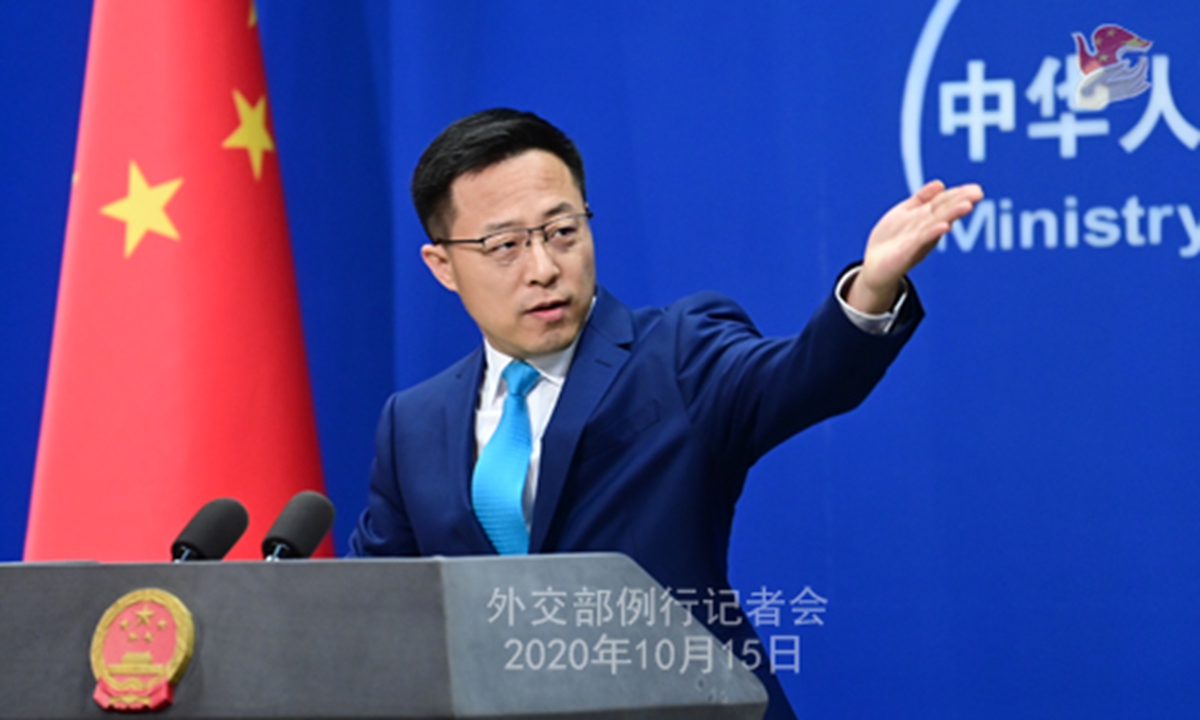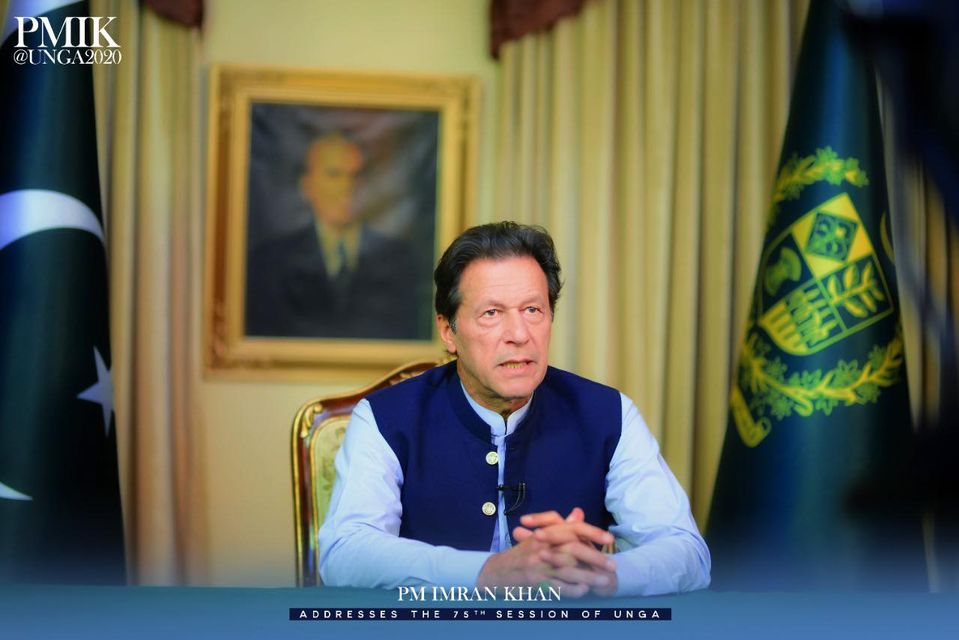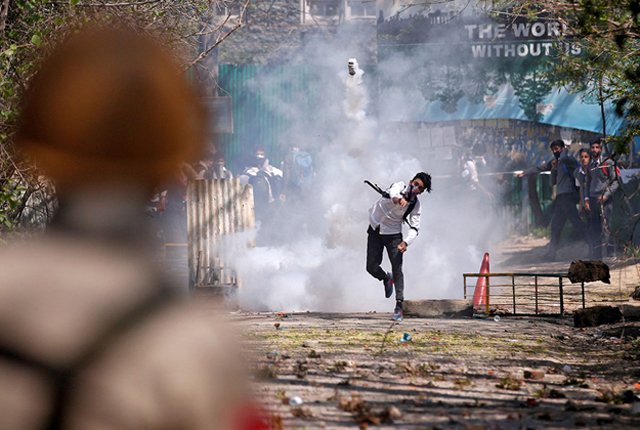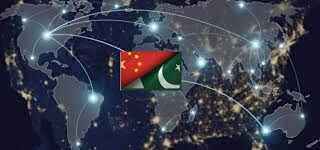
- If Article 35A goes, State Subject laws will also go in J&K
Former State Finance Minister, Dr. Haseeb Drabu, has stated in his recent columns on Article 35A (Article 35A: Myth & Reality April 4, 2019 GK) that if this Article of the Constitution of India is abrogated, the people of India will still not be able to purchase land in J&K because the Constitution of J&K will not allow them to do so. Obviously he has in mind Sections 6-10 of Constitution of J&K which deal with special rights and privileges of permanent residents.
I beg to differ with Dr. Drabu’s contention because the moment Article 35A is repealed, Sections 6 to 10 of the Constitution of J&K will become vulnerable.
Rightwingers of India maintain that Article 35A is a violation of the fundamental rights of the citizens of India in that it prevents them from purchasing immovable property in J&K State; and that it is not a Parliamentary enactment but a Presidential executive order; and, therefore, unconstitutional. This is an imperially motivated reading of the provision, in my opinion.
Firstly, Article 35A is not a self-contained whole. It is a small part of a larger whole called Constitution (Application to J&K) Order, 1954. The whole Constitution Order, 1954 is a Presidential executive order whereby the President of India applied Constitution of India to J&K State albeit with exceptions and modifications.
There are more than one hundred exceptions and modification to various Article of Constitution of India in their application to J&K State as spelt out in the CO, 1954. Article 35A is just one of them; Article 35(c) is another; and so on. Rightwingers single out only 35A.
However, these exceptions and modifications are not printed in Constitution of India along with the regular text of these Articles whose provisions happen to be either excepted or modified in their application to J&K State; and even Article 370 [the parent of CO, 1954 and of Articles 35A and 35(c)], which is a regular provision of Constitution of India, is printed in the same form as it was enacted in 1949, although its “Explanation” clause was twice modified: once in 1952 at the time of inception of the institution of Sadri-Riyasat in place of the Maharaja; and second time in 1965 when the institution of Sadri-Riyasat was abolished and the institution of Governor set up in its place.
Rightwingers of India prefer silence on other exceptions and modifications than Article 35A. They describe Article 35A as a violation of the fundamental rights of people of India which it was/is not. While as Article 35(c), which deals with preventive detention, was/is a violation of the fundamental rights of State Subjects of J&K.
And secondly, by giving concurrence in May 1954 to the application of Constitution of India to J&K State, the Constituent Assembly of J&K surrendered legislative autonomy of the State before the President of India, albeit retaining the power to legislate on the already existing State Subject Laws promulgated by the Maharaja in 1927.
Article 35A saves those laws: “Saving of laws with respect to permanent residents and their rights. Notwithstanding anything contained in this Constitution [of India], no existing law in force in the State of Jammu and Kashmir, and no law hereafter enacted by the Legislature of the State, – (a) defining the classes of persons who are, or shall be, permanent residents of the State of Jammu and Kashmir, or (b) conferring on such permanent residents any special rights and privileges or imposing upon other persons any restrictions as respects – (i) employment under the State Government; (ii) acquisition of immovable property in the State; (iii) settlement in the State; or (iv) right to scholarship and such other forms of aid as the State Government may provide, – shall be void on the ground that it is inconsistent with or takes away or abridges any rights conferred on the other citizens of India by any provision of this Part [Fundamental Rights]”.
Now, should this provision be repealed, the Sections 6-10 of Constitution of J&K would be challenged in the same Court as being void on the ground that these are inconsistent with and take away the fundamental rights of the citizens of India.
President of India will not repeal Article 35A for being an executive order and a violation of the fundamental rights of the citizens of India because this Article is part of a larger executive order, the CO, 1954. Abrogating Article 35A unilaterally will put the whole CO, 1954 in question. So the rightwingers have put their trust on the Supreme Court.
If the Supreme Court orders its abrogation, they would, as a corollary step, petition the same Court to declare Sections 6-10 of the Constitution of J&K null and void as being inconsistent with the fundamental rights enshrined in the Constitution of India.
So the contention of Dr. Haseeb Drabu that the people of India will still not be able to purchase land in J&K even after abrogation of Article 35A is untenable. Therefore, the people of Kashmir should not feel complacent. Rather they need to be vigilant.
So who will protect the rights of the State Subjects of J&K. My opinion is that only a genuinely elected civilian government could deliver on the issue of Article 35A (and also on the issue of Article 370). But then, where will a genuine civilian government come from if people support “separatist” decadence and boycott elections at their behest? Boycott will give the “mainstream” politicians a field day.
For now they talk of rights of people being out of power. They will forget about those rights once in power. Then they will shower bullets and pellets on the same people who had voted them in.








